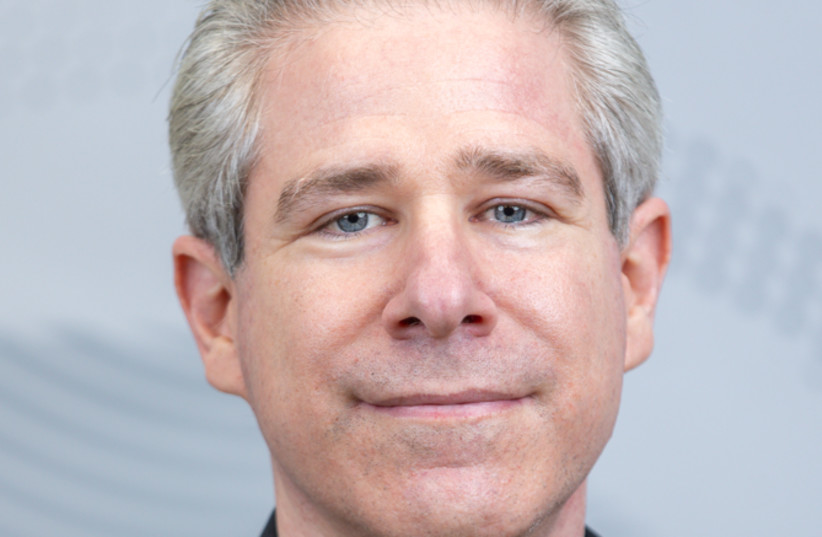It was 19th-century American writer and humorist Mark Twain (Samuel Clemens) who said: “Age is a matter of mind over matter. If you don’t mind, it doesn’t matter.”
As scientists gradually report on medical evidence that people who feel younger than their chronological age are typically healthier and more psychologically resilient, the saying “you're only as old as you feel” rings increasingly true.
<br>How was the study conducted?
Researchers from Bar-Ilan University (BIU) in Ramat Gan have now found that feeling young at any age can increase the chances of successful rehabilitation from medical conditions, even in older people recuperating from physical disabilities.
Prof. Amit Shrira and Prof. Ehud Bodner of the gerontology program at the interdisciplinary social sciences department and Dr. Daphna Magda Kalir from the gender studies program have published their study in the journal Gerontology under the title “Feeling younger, rehabilitating better: reciprocal and mediating effects between subjective age and functional independence in osteoporotic fracture and stroke patients.”
The study tracked 194 adult patients aged 73 to 84 undergoing rehabilitation from fractures resulting from osteoporosis (weak, brittle bones) or stroke in several rehabilitation facilities around Israel. Fractures and strokes usually cause falls that result in the loss of the victims’ functional independence, which is the greatest fear among the elderly.
Patients were asked several times throughout their rehabilitation about their subjective age – how young they felt – and other feelings and experiences. Well-being was assessed by three indicators referring to optimism, self-esteem and life satisfaction. Their functional independence was assessed by nurses who rated their functioning level at admission and at discharge using the Functional Independence Measurement (FIM) test.
<br><br>The surprising predictor of rehabilitation
Patients who felt younger when admitted to the hospital showed improved functional independence when sent home approximately one month later. The beneficial effect of feeling younger was found both for patients who were rehabilitated from osteoporotic fractures and for those who were rehabilitated from a stroke.

The researchers also found that those who felt younger rehabilitated better because they were more optimistic about their chances of regaining their functional abilities.
“The effect of subjective age at admission on functional independence at discharge was confirmed,” said the researchers. “However, the reverse effect – that of functional independence at admission on subjective age at discharge – was not confirmed. This supports the conclusion that a younger age identity is an important psychological construct that contributes to a more successful rehabilitation.”
Surprisingly, subjective age was the strongest predictor of rehabilitation outcomes, stronger even than patients’ chronological age and multiple chronic health conditions occurring simultaneously at admission.
Chronological age and having several chronic diseases are generally considered by physicians in determining the prognosis for successful rehabilitation, whereas subjective age is unknown to most of them. “Those who feel younger can maintain their health and functioning for longer periods, and as the current study shows, they can recuperate better from disability. Therefore, by perceiving themselves to age successfully, people may preserve a healthy and vigorous lifestyle,” Shrira noted.
“Those who feel younger can maintain their health and functioning for longer periods, and as the current study shows, they can recuperate better from disability. Therefore, by perceiving themselves to age successfully people may preserve a healthy and vigorous lifestyle.”
Dr. Amit Shrira
In view of the findings, the researchers suggest that doctors consider evaluating patients’ subjective age when they design courses of action for rehabilitation. If older patients feel younger than their objective age, they could be motivated to stick to the rehabilitation protocol following fractures and strokes and recover more successfully, they concluded.
Such interventions may also help correct false beliefs of aging and include cognitive techniques that help change negative automatic thoughts about aging.
